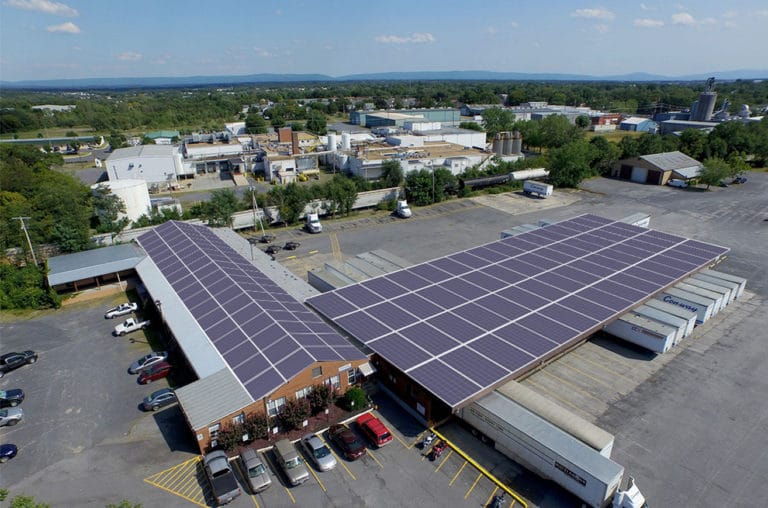Telangana-based Visaka Industries, the maker of ATUM integrated solar roof, has announced its foray into the business of self-sustaining solar-powered electric vehicle charging.
The company would set up the solar-powered EV charging stations under ATUMCharge brand to support the shift to electric vehicles globally.
ATUMCharge stations will be powered by Visaka’s flagship product ATUM, the world’s first integrated solar roof.
Visaka claims ATUM solar roof is the right product for these charging stations as it can generate 40% more clean power from the same given space than any other solar solution. Besides, ATUM roof will allow the entire electric vehicle charging proposition to move to 100% solar—a clean and green power. In comparison, currently, most EV charging stations use electricity produced by thermal power generation plants, completely defeating the purpose of moving to environment-friendly power.
ATUM is a solar power-generating roof with solar panels (made with poly or mono-crystalline solar cells) integrated on cement boards—a highly durable roofing material, making it the world’s first solar panel which can be directly used as a roof.
Unlike other solar panels that need to be separately mounted upon a racking system and placed on the truss, Atum is both the roof and the solar panel. It provides a sleek and simpler integrated solar roofing system while increasing energy generation by up to 40% compared to convention solar rooftops.
ATUMCharge is also looking at partnering with other electric charging station providers who are either in the market or are planning to enter the business in the near future.
This content is protected by copyright and may not be reused. If you want to cooperate with us and would like to reuse some of our content, please contact: editors@pv-magazine.com.









By submitting this form you agree to pv magazine using your data for the purposes of publishing your comment.
Your personal data will only be disclosed or otherwise transmitted to third parties for the purposes of spam filtering or if this is necessary for technical maintenance of the website. Any other transfer to third parties will not take place unless this is justified on the basis of applicable data protection regulations or if pv magazine is legally obliged to do so.
You may revoke this consent at any time with effect for the future, in which case your personal data will be deleted immediately. Otherwise, your data will be deleted if pv magazine has processed your request or the purpose of data storage is fulfilled.
Further information on data privacy can be found in our Data Protection Policy.